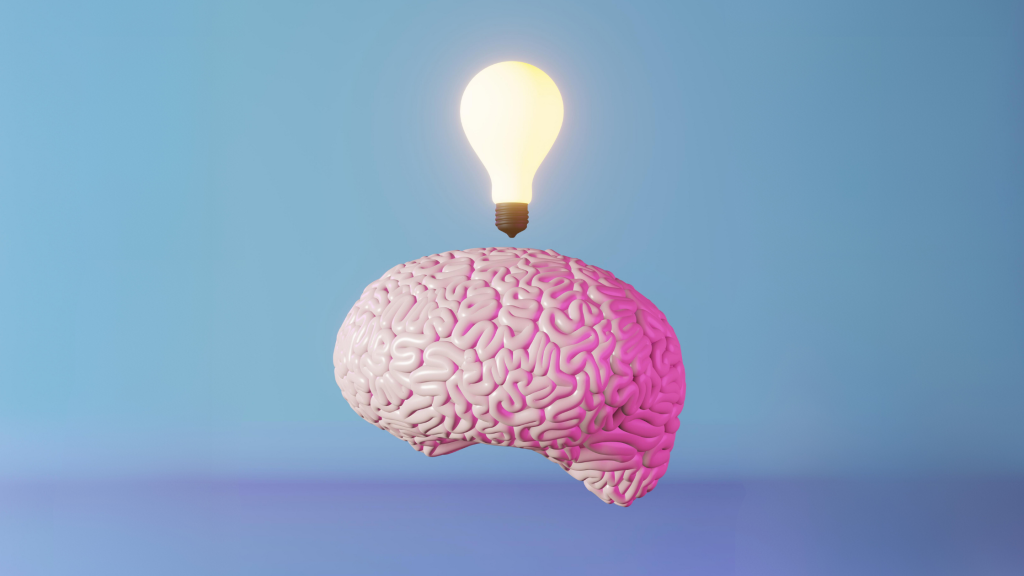For the past few weeks we have been exploring the six key executive functions in my ADHD Sweet Spot membership. Using our educational content and our three-times-a-week live small group coaching calls, we have been learning and implementing new strategies for conquering our executive functions.
The six functions are:
- Working Memory
- Inhibition
- Self-Motivation
- Emotional Regulation
- Planning/Problem Solving
- Self-Awareness
In this blog post, we are exploring the basics of emotional regulation and its vital role in mastering other executive function skills.
Emotional Regulation
Have you ever found yourself frustrated by the outcome of your lack of emotional regulation? You’re not alone! Emotions are powerful motivators of your actions, and they can pose unique challenges for us ADHDers.
When you are unaware of the way your emotions drive you, you can all too easily resist, react, and bypass your emotions. You might not even notice your emotions, or maybe you do but you pretend they aren’t there, or deny their influence. We have all been there. Sometimes it’s helpful to put your emotions on the backburner for short periods of time like meetings, or functions / events. But the real challenge is when you experience a build-up of these unrecognised or unprocessed emotions because they always come out eventually, and sometimes it isn’t pretty.
What can Emotional Regulation do for you?
When you understand and recognise the way your emotions are driving you, you will gain control over your actions. This helps you to avoid emotionally driven habits such as over-spending, over-eating, excessive worrying or over-planning. You will be more able to experience your full range of emotions, without getting stuck in them. And this leaves you better able to connect with others because relationships are built through shared emotions.
How you can build this skill
To build the executive function skill of emotional regulation, you need to practise noticing and creating (or shifting) emotions. To do this, you can:
- Develop your emotional awareness. In the ADHD Sweet Spot Membership with practise using the SURF model. That is: Stop, Unfold, Recede, Find the Name. This is such a useful skill that helps you process small and big emotions. Learn more about the ADHD Sweet Spot here.
- Use mindfulness apps, practices and training to build your emotional awareness muscles.
- Practice creating new emotions, with new thoughts. Thoughts create Feelings, and Feelings drive Actions. When you notice your action is not what you want it to be, practice shifting your Emotion rather than stepping into old habits of berating yourself or giving up.
When you have more control over your actions, you can make choices that better support your future goals rather than finding yourself swept up in emotional dysregulation.
How you can build this skill
To build the executive function skill of emotional regulation, you need to practise noticing and creating (or shifting) emotions. To do this, you can:
- Develop your emotional awareness. In the ADHD Sweet Spot Membership with practise using the SURF model. That is: Stop, Unfold, Recede, Find the Name. This is such a useful skill that helps you process small and big emotions. Learn more about the ADHD Sweet Spot here.
- Use mindfulness apps, practices and training to build your emotional awareness muscles.
- Practice creating new emotions, with new thoughts. Thoughts create Feelings, and Feelings drive Actions. When you notice your action is not what you want it to be, practice shifting your Emotion rather than stepping into old habits of berating yourself or giving up.
When you have more control over your actions, you can make choices that better support your future goals rather than finding yourself swept up in emotional dysregulation.
And the absolute best way to support your developing emotional regulation is through community and accountability. In the ADHD Sweet Spot membership we learn together and then practise implementing our new skills together. In our regular live group coaching sessions, you will feel safe, seen, and supported.




